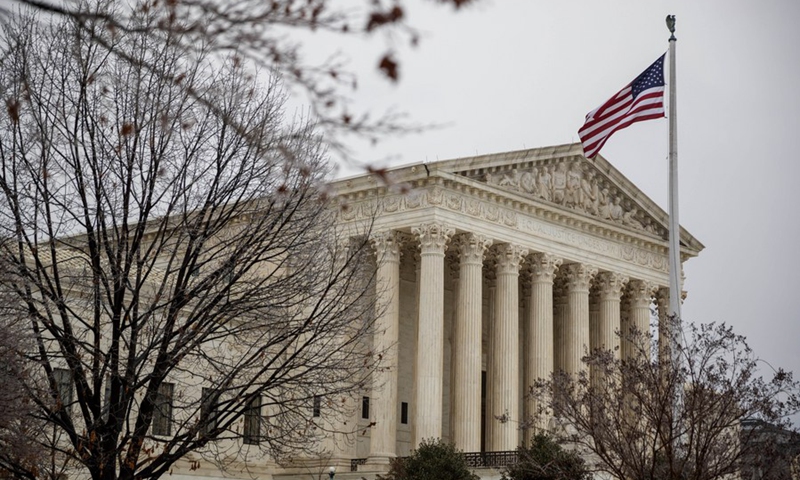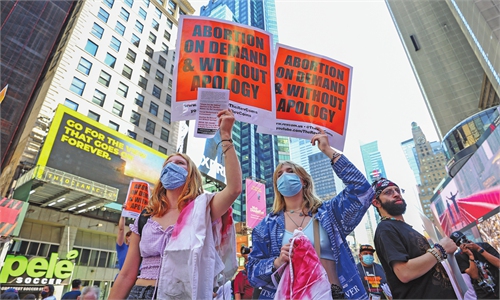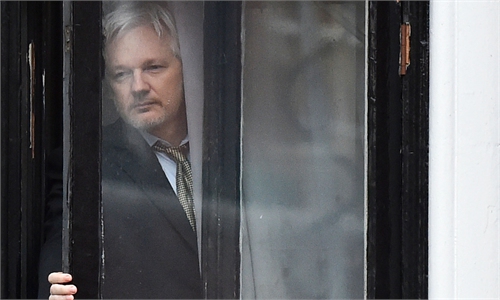High stakes in US environmental case
Supreme Court to define EPA’s authority over coal-fired power plants

Photo taken on Feb. 22, 2021 shows the U.S. Supreme Court Building in Washington, D.C., the United States.(Photo: Xinhua)
The conservative-dominated US Supreme Court is to hear an environmental regulation case on Monday with potentially far-reaching implications for the Biden administration's fight against climate change.
The high-stakes case concerns the authority of the Environmental Protection Agency (EPA) to regulate greenhouse gas emissions from coal-fired power plants, which produce nearly 20 percent of the electricity in the US.
"This is the first major climate change case to be before the justices in 15 years and the court's membership has dramatically changed since then," said Richard Lazarus, professor of environmental law at Harvard University.
In 2007, the Supreme Court, by a narrow majority, ruled that the EPA has the power to regulate carbon dioxide emissions from power plants under the Clean Air Act of 1970.
The nation's highest court has been radically transformed in recent years, however.
Former Republican president Donald Trump, a climate change skeptic hostile to government regulation of industry, nominated three justices to the nine-member court, giving conservatives a 6-3 majority.
"Because we have the most conservative Supreme Court that we've had in decades many of the people from the fossil fuel industry are asking the court to do all kinds of outrageous things to limit EPA authority," said Robert Percival, director of the Environmental Law Program at the University of Maryland.
In 2015, Democratic president Barack Obama unveiled his Clean Power Plan, which was intended to combat global warming by reducing carbon dioxide emissions from coal- and gas-burning plants and shifting energy production to clean sources such as solar and wind power.
The Clean Power Plan was blocked in the Supreme Court in 2016 and repealed by Trump, who replaced it with his own industry-friendly Affordable Clean Energy (ACE) rule.
The US Court of Appeals for the District of Columbia threw out Trump's ACE rule on the last day of his presidency, however, setting the stage for the case currently before the Supreme Court: West Virginia vs EPA.
West Virginia and several other coal-producing states asked the Supreme Court to intervene and define the powers of the EPA. By accepting the case, the court sent a signal to detractors of the agency and, more broadly, opponents of strong government regulatory authority.
In its brief to the court, West Virginia accused the EPA of acting like "the country's central energy planning authority."
The EPA is "reshaping the power grids and seizing control over electricity production nationwide" without the express authorization of Congress, the state said.
AFP



